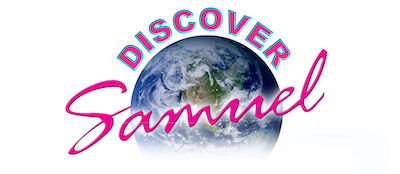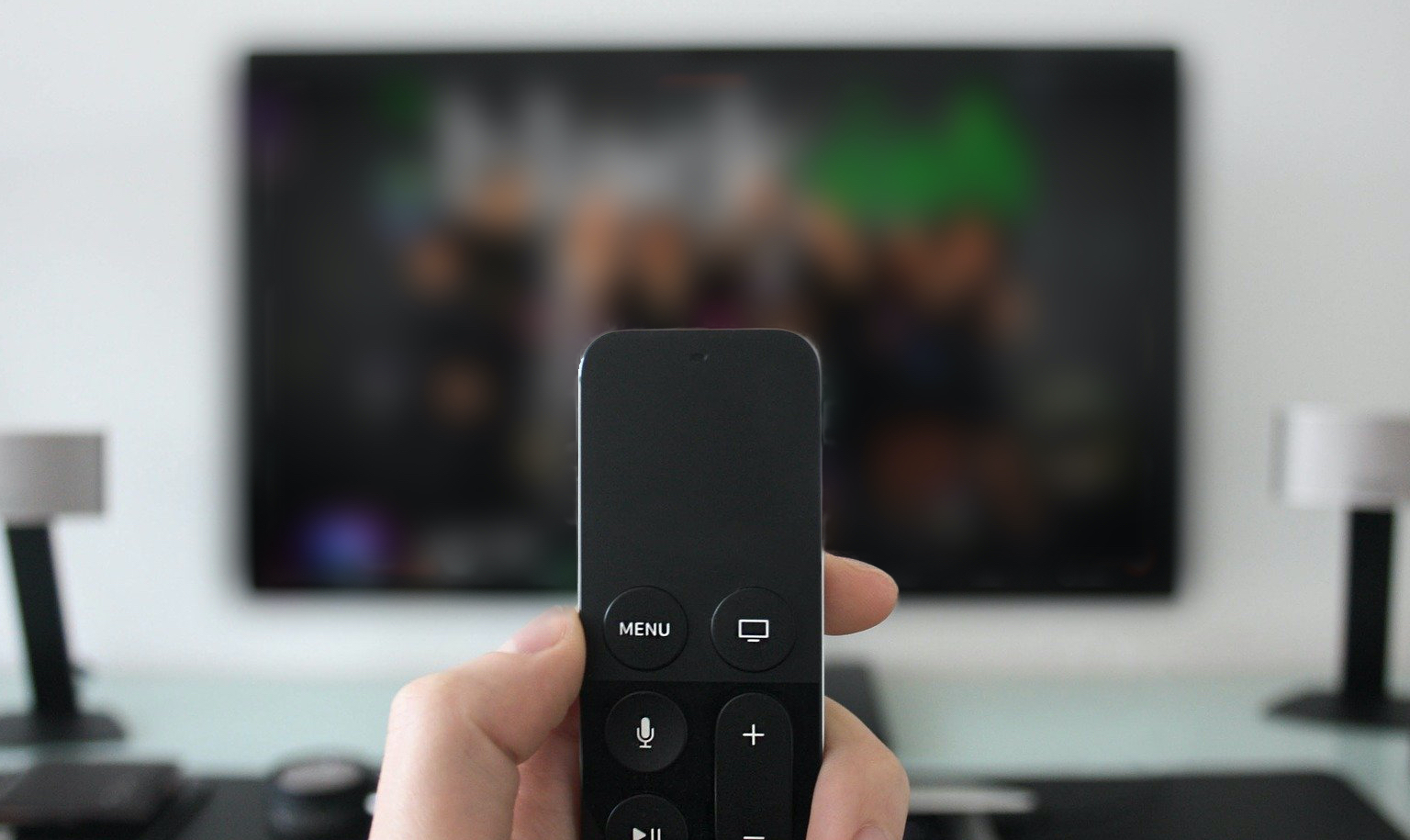I recently watched season 7, episode 10 of “Black-ish,” a comedy on ABC created and produced by Kenya Barris. The show centers on a Black family, led by Andre (Dre) and Rainbow (Bow) Johnson, living in the white suburbs of LA. I love the show, Black-ish, because it addresses the serious issues of inequality a Black family encounters while living and working in a white-centered world, but often in humorous and thought-provoking ways.
In this episode, titled “What About Gary?,” Bow’s white cousin, Gary, has awakened to and becomes enraged by all the social injustices that BiPoC face in our society. And, against Bow’s advice, Dre agrees to mentor Gary on racism and how to be an ally.
As this episode unfolds, Dre believes he’s making real progress with Gary and begins to take pride in his ability to educate white people about racism. However, exactly as Bow predicted, Dre’s involvement in educating Gary comes to a screeching halt when Gary admits to Dre that, even though he now knows doing so contributes to and perpetuates racial inequities, he will not send his children to public school. At which point, Dre shows Gary the door.
The show ends with Dre back at work, yet again, educating his white boss and coworker about racism. This time, though, he’s prepared a video for them in which he sings: “What a Friend we have in Google,” to the tune of the 19th century Christian hymn: “What a Friend we have in Jesus.”
Samuel has encouraged us white Guardians to overcome our own racism and educate ourselves about it. Like Dre in the closing of this episode, Samuel has discouraged us from asking our BIPoC friends our racism questions. We (white Guardians) should follow Dre’s and Samuel’s advice and take the burden off of our BIPoC friends and seek our own answers to our racism questions from Google instead.
Another take away for me in this episode is about Gary’s enthusiasm for ending the racist paradigm in our society, but his refusal to take an antiracist action by sending his children to public school. This type of behavior is known as being “performative”—it looks good to the crowd, but doesn’t follow through any more deeply than the performance. The show’s creator and executive producer, Kenya Barris, is revealing to us that we white folks need to do much more than talk the talk, we need to walk the talk, as well. After watching this episode, I’ve been reflecting on my own Gary-ness. What’s my public school? What white privilege am I holding onto? How am I not walking the talk? In what ways am I being performative?
The inequities that Gary was so horrified to see are the same ones so many of us good-hearted, well-intended white Guardians (including myself) have been awakening to since Samuel encouraged us to educate ourselves about racism. But if I’m to actually help bring an end to the paradigm of racism I’ll need to do and be more than just another well-meaning “Gary.” I’ll need to move beyond being performative and let go of my unearned white privilege in order to create a more equitable and just world.
How about you? Do you have a bit of “Gary” in you? How are you being performative? What does being a true ally look like to you? In what ways can you do better? Please share your thoughts on these questions or this article in general in the comments section below.
If you would like to watch the Black-ish episode mentioned in this article, you can find it here:
https://abc.com/shows/blackish/episode-guide/season-07/10-what-about-gary



Thanks for the article, Stuart! I loved this episode. I’ve loved this whole series (it gets even better after the first season) because there is so much truth in it. I learn something about racism from almost every episode in the several seasons it has been on. I think all of us white people need to look at our own Gary-ness, think about it, and see where we can put feet on being an anti-racist. Actually take action, make sacrifices, not just self-educate.
Thanks for your comment, Mary Claire! Love you!